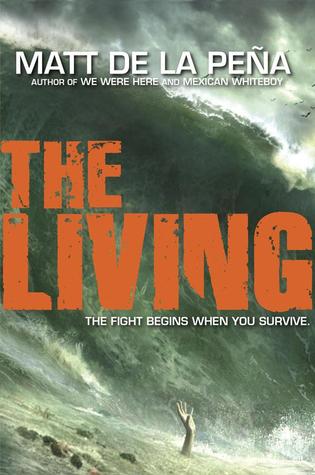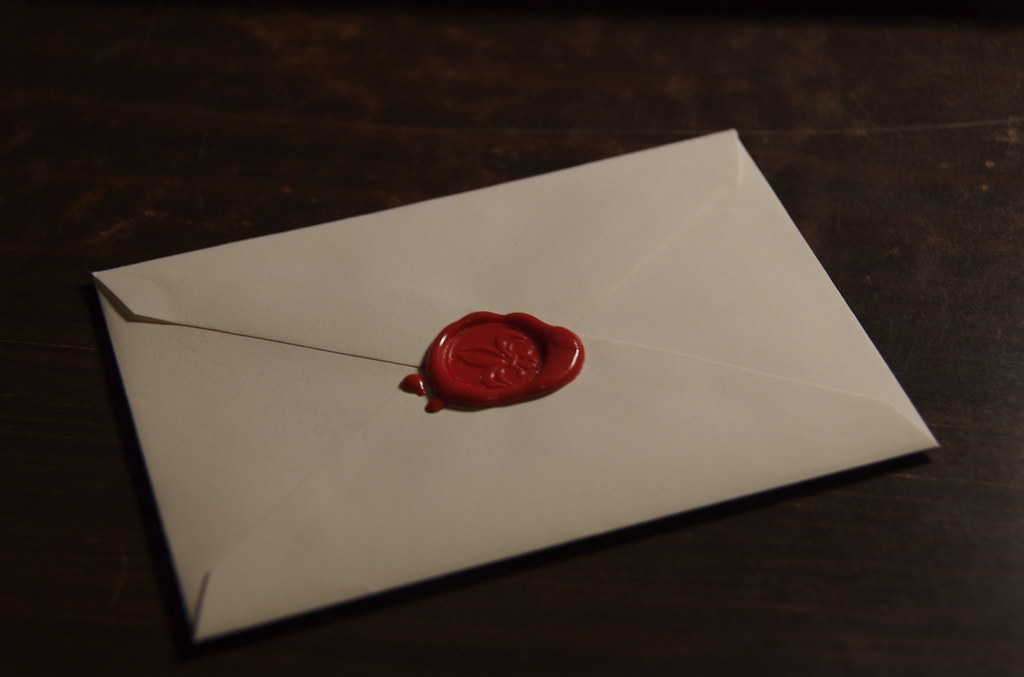 |
| Photo credit: [phil h] on Flickr |
So two years ago I wrote this post about why I’ve yet to write a sequel. And, well, I still haven’t written a sequel (but it’s more likely now than it was two years ago, so yay!), but one of you fabulous people sent me a question about the value of writing series vs. standalone and. Well. Here I am again.
Before I go on, please do note that just about everything I’m going to say here applies to those who want to get traditionally published. For those who plan to self-publish, it’s a whole different ball game.
Okay. So.
It’s no secret that for many many years, series books, particularly trilogies, have been massively popular, especially with children’s books. Over the years, however, with the recession and people just in general getting tired of the same series format over and over, series books have started to fall a little out of style. Not entirely, of course—there are loads of totally successful series still being released—but there’s definitely been a push toward companion novels (rather than strict linear series books), dialogues (instead of trilogies), and standalones.
It’s not impossible to sell a series. But there’s also no guarantee that if you sell your novel, you’ll end up with a multi-book deal, even if your book does have series potential.
So what does this mean for unpublished and/or unrepresented writers?
Basically, writing a full series before you sell the first novel (and yes, I mean sell, not find representation for) is really really risky. In the sense that you could potentially lose a lot of time and effort if your book doesn’t sell (or if your book does sell, but it when it hits the shelves it doesn’t do as well as everyone hoped and you don’t get the chance to publish the sequel).
Something that’s equally risky? Writing a book with a cliffhanger-type ending that can’t stand on it’s own. Hell, I’d say this is even riskier, because in most cases, books need to stand on their own to sell at all (though, of course, there are always exceptions). Still, it’s probably best you just don’t do this.
Here’s the thing: sequels are fun—or at least, I think they are—but when you’re a writer, there’s absolutely no guarantee that you’re going to get that multi-book deal. Or that after you sell your debut, you’ll also sell the sequel. I mean, yes, they both happen, but they don’t happen always.
I’m absolutely not saying that you should give up all your hopes and dreams of writing and publishing a successful series. I’m not saying that you should never write a book with series potential again. What I am saying, is when (or if) you do, you need to be a professional and be realistic about it.
Sequels can be good news for everyone—writers, agents and editors alike—but they’re only good news when they sell well. And sometimes you need to prove yourself as a writer before you can get that multi-book deal everyone dreams about. And you know? That’s okay.
In the end, I think the thing to remember is publishing is a business. And if you act like a professional, and listen to your agent and your editor and your book sells well, then you know what? You may very well see a multi-book deal in your future.
But until you’ve reached that point, it’s important to keep yourself grounded and focus on what’s important—writing your books, one at a time.
So those are my thoughts, but I want to hear from you—what do you think?
Twitter-sized bites:
When writing a novel, @Ava_Jae says every book needs to stand on its own. What do you think? (Click to tweet)
Writer @Ava_Jae says writing a series before you sell the first novel is risky. What do you think? (Click to tweet)






















